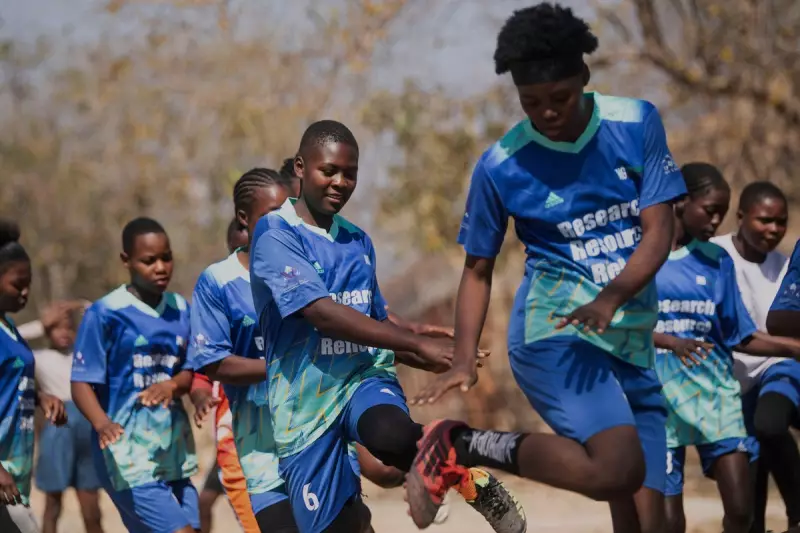
In the heart of Zimbabwe's rural communities, an ancient cultural practice is undergoing a remarkable transformation, emerging as an unexpected weapon against the country's persistent child marriage epidemic.
The traditional Nhanga ceremony, once primarily focused on preparing young girls for marriage and domestic life, is being revitalised with a new purpose: to educate and empower the next generation of women.
From Tradition to Transformation
Nhanga, which translates to "small hut," represents a sacred space where grandmothers traditionally imparted wisdom about womanhood, marriage, and cultural values to their granddaughters. Today, these gatherings are evolving into platforms for discussing critical issues affecting young women across Zimbabwe.
"We're reclaiming our cultural spaces to address modern challenges," explains cultural activist Agnes Moyo. "Instead of simply preparing girls for marriage, we're preparing them for life - teaching them about their rights, education, and health."
The Stark Reality of Child Marriage
Zimbabwe faces a significant challenge with child marriages, despite legal protections. According to recent data, approximately 34% of girls marry before turning 18, with 5% wed before their 15th birthday. The economic hardships and cultural pressures in rural areas often drive families to consider early marriage as a solution to financial strain.
Memory Machinga, a survivor of child marriage, shares her experience: "I was married at 15 to a much older man. My education ended, and I became a mother while still a child myself. The Nhanga programmes now help girls understand they have choices."
Cultural Solutions for Contemporary Problems
The reinvented Nhanga ceremonies blend tradition with progressive values, creating a powerful fusion that resonates with local communities. Grandmothers, once seen as upholders of traditional practices, are now becoming agents of change.
Key elements of the modern Nhanga include:
- Education about sexual and reproductive health rights
- Discussions about the importance of completing schooling
- Legal awareness about marriage laws and age of consent
- Skills development for economic independence
- Preservation of positive cultural traditions while challenging harmful ones
Grassroots Impact and Future Prospects
Community leaders report significant changes in areas where these programmes have been implemented. School attendance among girls has improved, and more families are reconsidering early marriage arrangements.
"The beauty of this approach is that it works within our cultural framework," says local teacher Tendai Chiweshe. "It doesn't dismiss our traditions but helps us evolve them to better serve our daughters and granddaughters."
As Zimbabwe continues to grapple with gender inequality and child protection issues, the transformation of the Nhanga ceremony offers hope that cultural heritage and women's rights can work in harmony rather than conflict.





